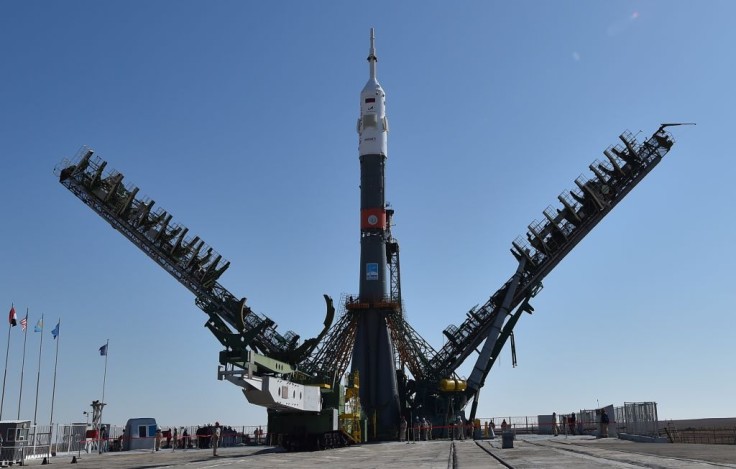
Debris of the Russian rocket, named Angara A5, is currently drifting through space and it might re-enter the Earth's atmosphere.
Since its speed and the nature of its fall is uncontrollable, its impact date and time forecast are challenging.
Russian Rocket Out of Control, Now Falling Back to Earth
To further emphasize, Independent UK reported that, on December 28, the Russian space agency carried out a test that included the said rocket. The test was launched from Russia's Plesetsk Cosmodrome.
While the launch was initially confirmed as a success, the upper portion of the rocket failed to burn correctly and a component of the spacecraft is now drifting down to Earth.
Persei, the upper stage, was designed to take a dummy payload into a more steady and higher orbit. However, this did not occur and the Persei stage and its cargo began to fall to Earth.
When Will the Russian Rocket Debris Impact on Earth?
According to Spaceflight Now, the upper stage was supposed to perform a sequence of engine burns to maneuver into an orbit around the Earth about 36,000 kilometers above the planet.
The initial burn that was supposed to propel the Persei stage into a stable orbit went smoothly; however, the remaining burns required to reach a higher orbit were not achieved properly.
Independent added that the object is currently at a height of roughly 140,000 meters and is rapidly approaching, according to trackers. Because of its speed and the uncontrollable nature of its fall, forecasting where and when it will impact is difficult.
Despite this, per CBS 58, the US Space Command verified in a statement that they are "aware of and tracking the location of the Angara A5 rocket or Persei rocket body in space. At this time, the 18th Space Control Squadron assesses the entry point into the Earth's atmosphere at approximately 2054 UTC (1:54 pm MST) over the Southern Pacific Ocean."
"However, factors such as the atmospheric conditions and the exact angle of the object as it enters the atmosphere can alter the re-entry location. If the re-entry point changes, USSPACECOM will provide an update," the statement continued.
Is the Russian Rocket Debris Dangerous?
As the rocket enters the atmosphere, most of the debris will burn away, and any parts that remain will most likely be tiny enough to prevent serious harm, per Independent.
In relation to this, head of the European Space Agency's Space Debris Office Holger Krag told CNN on Wednesday morning that, while it was exceedingly improbable that it would cause any harm or damage, "the risk is real and cannot be ignored."
In terms of its size, an astronomer at the Center for Astrophysics - Harvard & Smithsonian Jonathan McDowell stated that the Persei booster is around 10 meters or 33 feet long compared to the Chinese Long March 5B rocket's 32 meters or 105 feet long.
Despite the fact that it weighs less, he indicated that it's carrying around 16 tons of propellant onboard.
Additionally, McDowell noted via email that the "total mass is about the same as the Chinese stage, but most of it is probably liquid and will burn up in the atmosphere, so the risk to the ground is significantly less. I think," per CNN.









